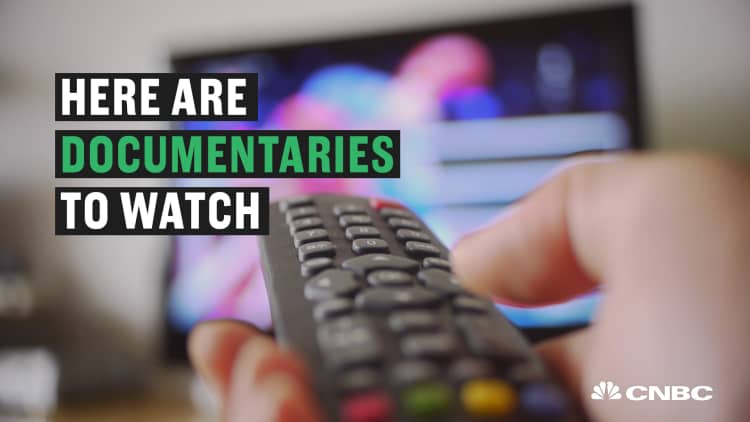Open offices have been all the rage for decades now, in part because they're less expensive to put together and also because, since the 1950s, efficiency experts have promised they would make communication easier and work better.
Instead, says Stephen Dubner, economist, author and host of the podcast "Freakonomics," they're a scourge.
"If you work in an open office, you're more likely to be stressed out, less productive, and less satisfied," he tweeted.
That's because, as he explains in more detail on an October episode of his show, when you're stuck at your desk, "you're getting a lot of stimuli that you didn't ask for — like other people's conversations and phone calls. And you can't simply shut these out, no matter how good you think you are at concentrating."
At a certain point, it's just too hard not to get distracted, says the host. "We all have a limited amount of auditory bandwidth and, as the sound expert Julian Treasure likes to say, 'We don't have any earlids.'"

Back in 2014, an article in The New Yorker made the same argument. It cited research that found that open offices "were damaging to the workers' attention spans, productivity, creative thinking, and satisfaction. Compared with standard offices, employees experienced more uncontrolled interactions, higher levels of stress, and lower levels of concentration and motivation."
Open offices are not just hard on low-level employees, either. Studies show that "the more senior the employee, the worse she fared," the New Yorker reports. Indeed, "58 percent of high-performance employees say they need more quiet work spaces," and "54 percent of HPEs find their office environment 'too distracting,'" according to CNBC.
If you work in an open office, you're more likely to be stressed out, less productive, and less satisfied.Stephen Dubnerhost of the Freakonomics podcast
A massive study of over 40,000 workers in over 300 offices concludes that, thanks to a combination of audio and visual pollution, "open-plan offices don't work," reports Inc.
In fact, employees have come to dread them so much that more and more are trying to work from home or looking for other jobs.
Inc.'s article ends with a plea to bosses everywhere: "Do you want your employees to come into the office and work long hours while they're there? THEN GIVE THEM PRIVATE OFFICES. At the very least, give them high-walled cubicles that provide a modicum of privacy."
There's some light on the horizon, at least. "Employers are finally asking, 'how do we create spaces where people actually want to be?'" reports Fortune. By creating more flexible, hybrid layouts, "companies are trying to quiet the backlash," writes the Wall Street Journal. Now at least you can hope your office will join them.
Like this story? Like CNBC Make It on Facebook!
Don't miss: Sarcasm makes you smarter, says Harvard. Yes, really.



